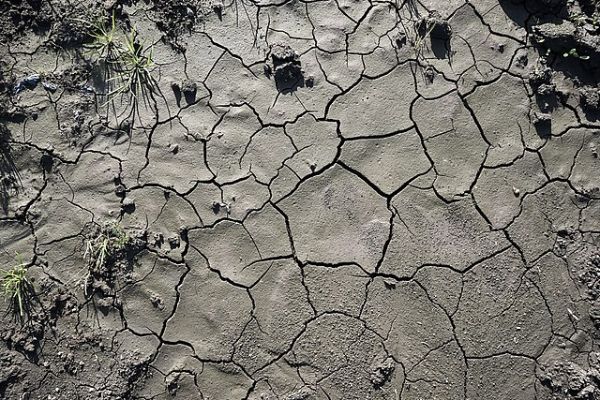Soils are central for our understanding and responses to the contemporary environmental crisis. In the Anthropocene, soils are among the ecosystems critically affected by industrial and agricultural land uses. The survival of all terrestrial life including human life depends on the availability of healthy, living soils. This multidisciplinary collaboratory is concerned with historical, contemporary, and emergent modes of human intervention in degraded and contaminated soils. While the thin layer of planetary topsoil has formed over millennia, our soils are increasingly shaped and affected by human (anthropogenic) activity. Among the consequences of current industrial economies are multiple forms of soil degradation and erosion through chemical contamination, radioactivity, and the loss of nutrients.

Our collaboratory will focus on practices and understandings of remediation and soil repair in response to historical and contemporary concerns about soil health. Anthropogenic Soils brings together scholars, practitioners, and artists to develop new research questions and interdisciplinary methodologies for the study of soils in the Anthropocene. We see the topic of human-made (anthropogenic) soil as an ideal topic for experimental transdisciplinary research. Working with soil for millennia, human communities have developed a great diversity of technologies for cleaning up, restoring, and remediating soils after natural and technological disasters.
Research plans
The collaboratory will establish a regular reading group on anthropogenic soils at the University of Oslo, open to scholars, students and interested guests. In addition, all members of the collaboratory will meet twice a semester to discuss pre-circulated papers or research proposals. These meetings will be geared to discuss different methodologies and epistemologies. These collaboratory meetings will be open to everyone interested.
